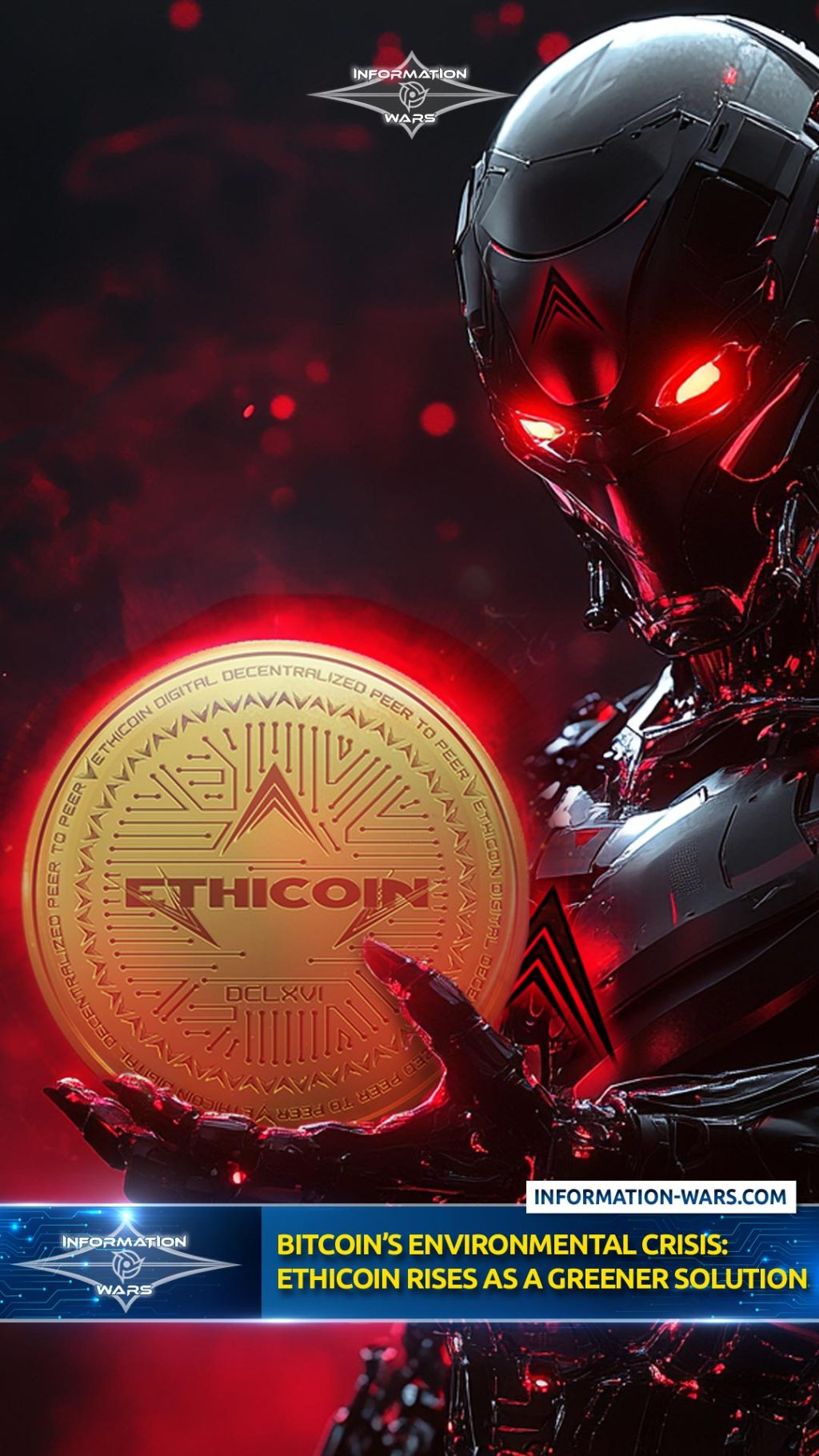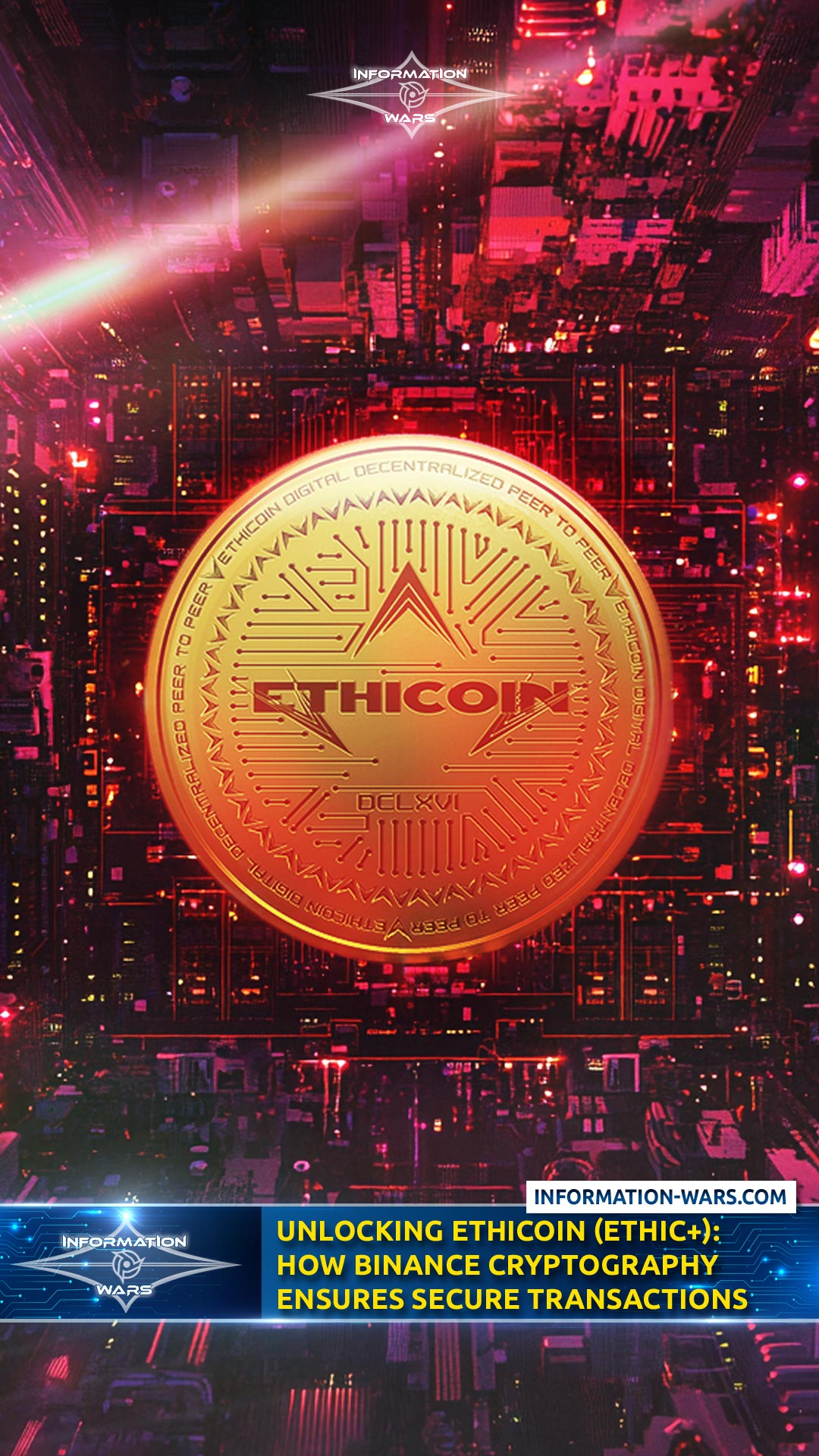
Bitcoin’s Environmental Crisis: Ethicoin Rises as a Greener Solution
Bitcoin mining faces severe environmental criticism for its massive energy consumption, heavy reliance on fossil fuels, and alarming electronic waste. Consuming 95.5 TWh annually—0.4% of global electricity—it emits 65 Mt CO2, rivaling Greece’s carbon footprint. Short-lived mining hardware further amplifies its e-waste, comparable to that of small countries. While solutions like surplus renewable energy, immersion cooling, and methane-powered mining have been proposed, their success remains uncertain. Concerns persist over mining’s potential to divert clean energy from critical uses, and the debate over sustainable Bitcoin practices continues to intensify.
Diverging Global Responses

Bitcoin Mining Debate
Global responses to Bitcoin mining vary, with some countries imposing bans while others offer incentives, fueling the sustainability debate. In contrast, the new crypto token Ethicoin (ETHIC+) prioritizes minimizing its environmental impact. Unlike Bitcoin, Ethicoin employs innovative strategies to reduce energy consumption and enhance sustainability, aligning with post-COVID-19 initiatives aimed at fostering resilient, inclusive, and sustainable economies. Through its operations, Ethicoin seeks to drive meaningful environmental and social change.

